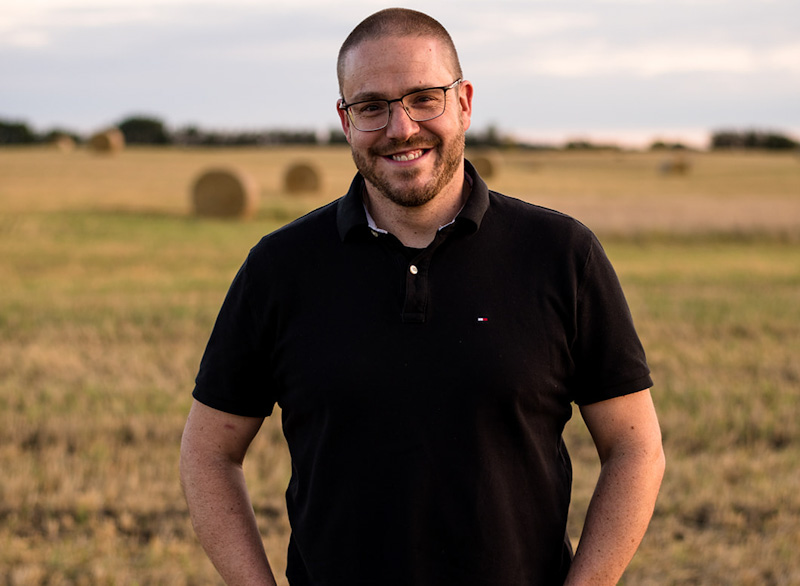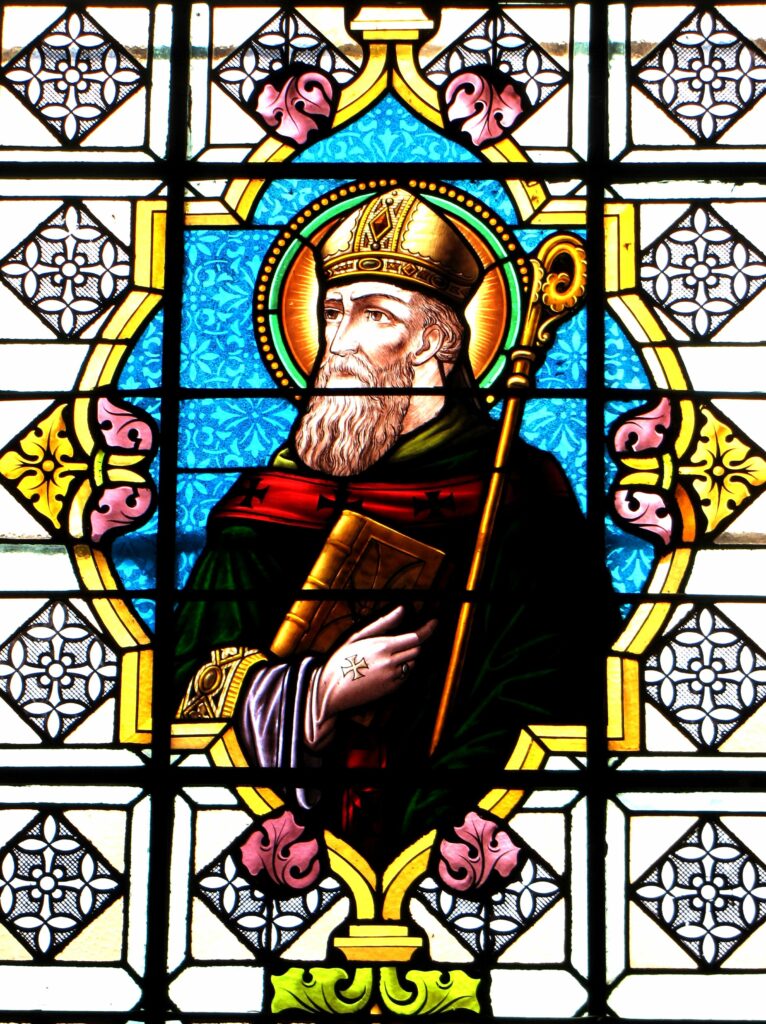One of the toys I remember having as a little kid was the Tupperware Shape-O Toy. It’s a shape sorter built as a red and blue ball, with a variety of holes all around it. It is designed in such a way that each of the yellow shaped pieces matches up to one hole on the ball, and fits through that one hole only (much to my frustration as a young child.)
 Maybe you had that shape sorter or perhaps you had a different one. Regardless of the brand or the design, there’s a spiritual principle we can take from a shape sorter toy: the human heart is designed in such a way that we have a built-in yearning for God. Some have called it a God-shaped hole, a place in our hearts which only God can fill.
Maybe you had that shape sorter or perhaps you had a different one. Regardless of the brand or the design, there’s a spiritual principle we can take from a shape sorter toy: the human heart is designed in such a way that we have a built-in yearning for God. Some have called it a God-shaped hole, a place in our hearts which only God can fill.
One person who understood this well was St. Augustine of Hippo (354-480).
Although he would go on to become a bishop in Northern Africa and a Doctor of the Church, Augustine’s life started out quite differently than it ended. As documented in his Confessions, Augustine threw himself into everything that the world had to offer. He found it all to be empty and meaningless because none of these things filled the God-shaped hole in Augustine’s heart. And so, Augustine famously wrote “You have made us for Yourself, oh Lord, and our hearts are restless until they rest in you.”
We live in a world very much like that of St. Augustine. It still promises us that pleasure, wealth, and popularity are the greatest things we can experience. We are led to believe that through these things we will find our ultimate meaning, but we too will discover them to be empty and meaningless. It’s no different than the child working with a shape sorter: you’ve got to find the right piece to fit into the right hole. And the God-shaped whole in each of us will never be filled by any of these things. We find instead what Augustine found 1600 years ago, that they may mask the restlessness of the human heart for a time, but they do not fill it – and quite often they leave us feeling even emptier than when we started.
But the hope is that we will find the other thing Augustine found, that being the God in whom our hearts DO find their rest.
The YouCat tells us that “To be a human means to come from God and to go to God” (YouCat 1). Simply put, we have been made to to know, love, and serve God in this life and the next. Not believing means missing out on a big part of what it means to be human. God designed us to seek Him and once we find Him, we also discover why we are here: “God created us out of free and unselfish love… He wanted to share His endless joy with us, who are creatures of His love” (YouCat 2).
I don’t know that you can emphasize this point – that God created us out of love and wants to share joy with us – enough. God’s love is at the center of all that we believe. 1 John 4:8 tells us that God IS love, and in a sermon on 1 John, St. Augustine said:
“If nothing were said in praise of love throughout the pages of this epistle, if nothing whatever throughout the other pages of the Scriptures, and this one only thing were all we were told by the voice of the Spirit of God, For Love is God; nothing more ought we to require.”
Our life of faith is our free response of love to God’s love. For it to be love, it must be free. Even shows like Aladdin and Bruce Almighty understand this: you can’t make someone love you, or it wouldn’t be love – it would be something else.
Ultimately, we can believe because God has made us to believe. We can try to fill our own restlessness with many other things (God loves us enough to let us choose that), but we are also given the blessed opportunity “…to know and to love God, to do good according to his will, and to go someday to Heaven” (YouCat 1).
As we come to know and to love God, we discover that the thing we’ve always that the restlessness each of us experiences points us back God Himself. We find that by design, the God-shaped hole in our hearts leads us back to God. And as we grow in our understanding of God, we come to share in His endless joy even in this life.
–This is the third in a series of reflections on the Youth Catechism of the Catholic Church. Mike Landry is Catholic Youth Camps director for the Archdiocese of Edmonton. He is also chaplain for Evergreen Catholic Schools, serving 10 schools west of Edmonton. Mike and his wife Jennifer live in Stony Plain with their five children.

